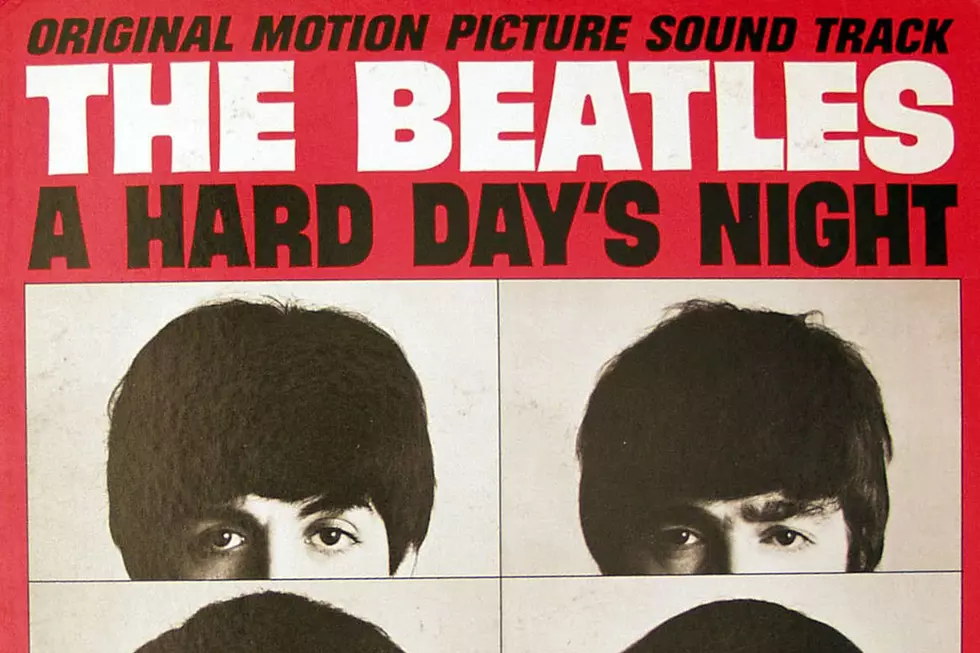
10 Years Ago: The Beatles Sue Apple
An apple a day keeps the doctor away. Too many Apples in the music marketplace, however, can cause one heck of a messy lawsuit.
As Apple Computer discovered on Sept. 12, 2003, when their iTunes service prompted the Beatles' Apple Corps to begin a fresh round of litigation against the similarly named company, with whom they'd been sparring on and off since the '80s. The crux of the new lawsuit revolved around a 1989 settlement between the Apples, which stated that Apple Computer could keep using its existing name and logo as long as it agreed to stay out of the music business -- a settlement that Apple Corps claimed had been violated, since a big part of iTunes' business plan revolved around selling songs and albums for download.
"Over a decade ago, Apple signed an agreement with Apple Corps, a business controlled by the Beatles and their heirs, which specified the rights each company would have to use the 'Apple' trademark. Unfortunately, Apple and Apple Corps now have differing interpretations of this agreement and will need to ask a court to resolve this dispute," read a press release following the news of the lawsuit. And although it was surely a costly distraction for both companies, things remained relatively cordial in the press while they slugged it out in court.
With billions of dollars in revenue at stake, it seemed a given that cooler heads would eventually prevail, and they did -- although as we previously reported, it took quite awhile for the lawsuit to work itself out. In fact, although the Apples would officially kiss and make up in 2007, with a settlement that included Apple Computer purchasing Apple Corps' trademarks and licensing them back, it wasn't until October 2012 that they finally squared away ownership of the logo. "We love the Beatles," Apple Computer founder Steve Jobs said following the settlement. "And it has been painful being at odds with them over these trademarks. It feels great to resolve this in a positive manner, and in a way that should remove the potential of further disagreements in the future."
More From Ultimate Classic Rock









